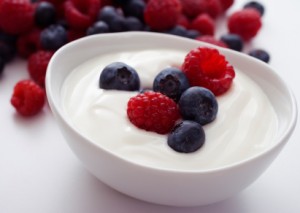
More evidence that low-calorie sweeteners are bad for your health
Studies show that artificial sweeteners can raise the risk of hypertension, metabolic syndrome, type 2 diabetes and heart disease, including stroke.

Natural Health News — Probiotics in your daily diet or as supplements could help improve your blood pressure, according to new research.
Probiotics are live microorganisms (naturally occurring bacteria in the gut) thought to have beneficial effects; common sources are yoghurt or dietary supplements.
Analysing results of nine high-quality studies examining blood pressure and probiotic consumption in 543 adults with normal and elevated blood pressure, researchers writing in the journal Hypertension found:
Sources of probiotics in the study included yoghurt, fermented and sour milk and cheese, and probiotic supplements.
Although some of the studies the researchers examined were small or of a short duration they nevertheless found evidence of benefit.
“We believe probiotics might help lower blood pressure by having other positive effects on health, including improving total cholesterol and low-density lipoprotein, or LDL, cholesterol; reducing blood glucose and insulin resistance; and by helping to regulate the hormone system that regulates blood pressure and fluid balance,” said Jing Sun, Ph.D., lead author and senior lecturer at the Griffith Health Institute and School of Medicine, Griffith University, Gold Coast, Queensland, Australia.

Please subscribe me to your newsletter mailing list. I have read the
privacy statement